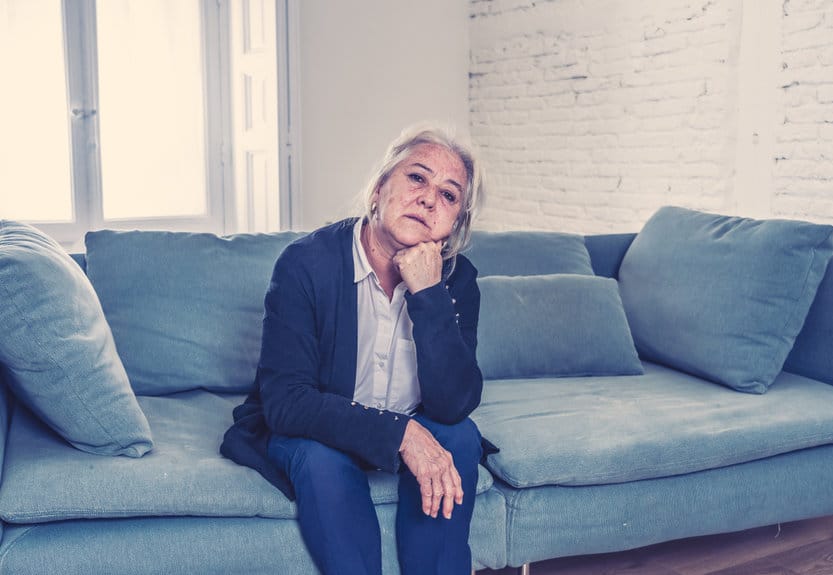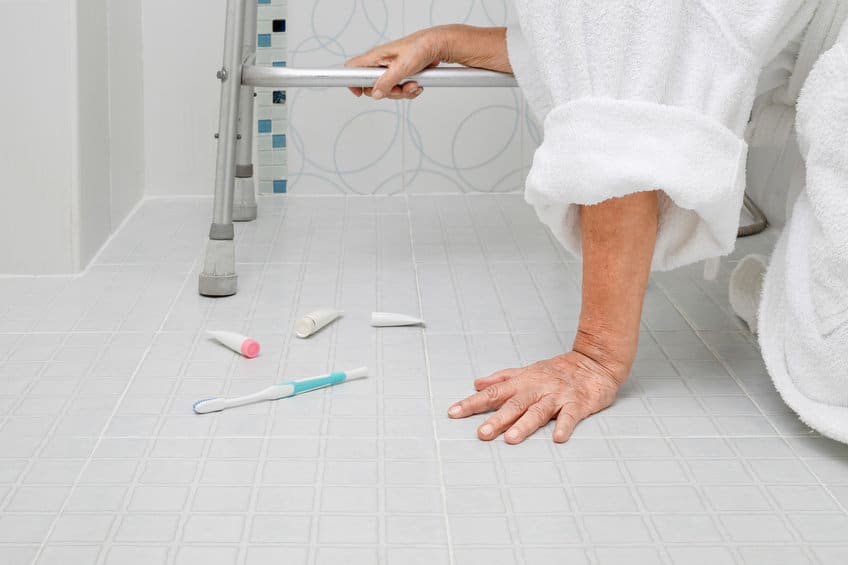Seasonal Allergies in the Elderly
Spring in New Mexico includes two things: wind and seasonal allergies. The typical hay fever symptoms in the spring are brought on by the hefty increase in pollens in the air, as well as more dust stirred up by our spring winds.
In the elderly, allergies can certainly be present but sometimes may be tied to other illnesses. A runny nose and sneezing may be indicative of a chronic illness like COPD, chronic obstructive pulmonary disease, or it may be a simple cold or allergy.
More than 50 million Americans suffer with allergies each year, according to the Asthma and Allergy Foundation of America. A senior who has never experienced seasonal allergies before can suddenly be affected. Telltale signs of allergies include sneezing; a runny or stuffy nose; the feeling of congestion in the ears; itchy sinuses, ears, or throat; postnasal drip; and itchy or watery eyes.
Prevention
Reducing the exposure can help reduce the systems of allergies. Keep outside doors and windows closed to keep pollen and dust away, particularly in the early morning and evening hours. If your family member has been outside during the day, it may also be helpful if they change clothes that are carrying allergens.
Inside the home, dust and clean surfaces regularly. In damp areas such as bathrooms, clean wet areas to remove any mold or mildew that develops. Running a humidifier may be helpful with dry, itchy sinuses and sore throat. If you do, be sure to regularly clean the humidifier and its pads so that mildew doesn’t add to the allergy problem.
Some believe that vitamin C or D can help lesson allergies but be sure to discuss that with the senior’s physician. Maintaining hydration with enough water can reduce the body’s histamine response.
Medications
Before giving a senior any type of allergy medication, it’s best to check with his or her physician. Many types of antihistamines can increase blood pressure or interact with other prescription medications. Antihistamines can also cause side effects such as dizziness, a dry mouth, confusion, or retention of urine, which can potentially lead to a urinary tract infection, common among the elderly.
If appropriate, the physician may prescribe an oral or nasal medication that can help with symptoms but not conflict with other pharmaceuticals needed by the elder.
Watchfulness
For family members or caregivers, it’s important to keep a close eye on the senior who may be suffering from seasonal allergies. The body’s response to histamines can cause increased drowsiness, dizziness, and other issues. At BeeHive Homes, our trained staff develop keen eyes for any changes in our residents’ health. In our small-group, intimate assisted-living homes, we get to know each resident well, monitoring changes in their day-to-day behavior.
Making each day as good as it can be through assistance with daily living, home-cooked meals, quality of life activities, and watchfulness regarding health issues and safety is our mission at BeeHive Homes. If we can be of help to your family member in one of our New Mexico homes, please give us a call.


